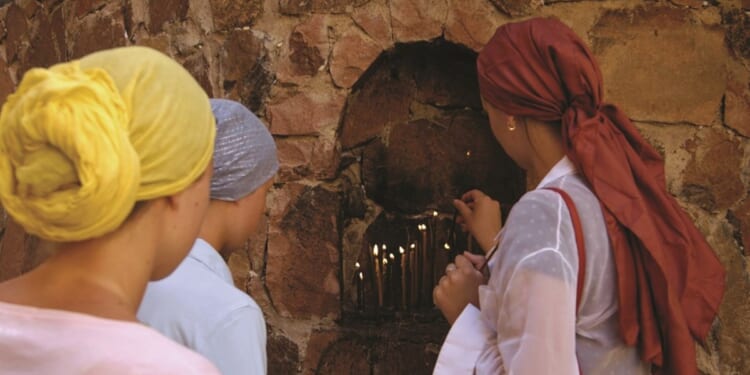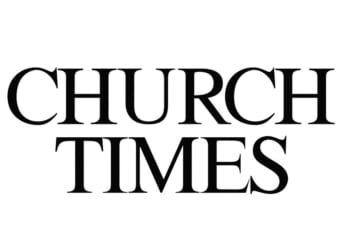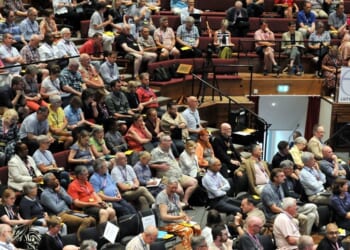A NEW Archbishop of Sinai, Pharan & Raitho and Abbot (hegoumen) of St Catherine’s Monastery, Mount Sinai, was elected last week.
Archimandrite Symeon (Papadopoulos) was confirmed as Greek Orthodox Abbot of the Egyptian monastery during a meeting of the Holy Synod of the Patriarchate of Jerusalem, chaired by Patriarch Theophilos III of Jerusalem.
The appointment follows a period of tension and uncertainty for the monastery, as the internal revolt to oust the previous Abbot, the 91-year-old Archbishop Damianos, turned into an battle over primacy, during which the Patriarchate of Jerusalem asserted control (News, 8 August).
In his letter of resignation, Archbishop Damianos pointed his finger at the Patriarch, accusing him of “an imperialist policy” towards the monastery, and that he had “aimed at transforming the Holy Monastery of Sinai into a mere monastery subordinate to the Patriarch of Jerusalem”.
The Patriarch reiterated on several occasions that the monastery was under the spiritual and canonical jurisdiction of the Patriarchate. Although Patriarch Theophilos has certain authority in the functioning of the monastery, it has for many years developed a unique self-governing status, with a great deal of independence.
Archbishop Damianos also accused Moscow of being chiefly responsible for the current discord and division in the Orthodox world, but also of being behind much of the unrest reflected by the tensions at the monastery.
“It is no coincidence that the first to rush to exploit the internal rift in the Holy Sinai Brotherhood were organisations, networks, parties, and persons connected with Russia’s attempt to dismantle Orthodoxy, while promoting views contrary to Orthodox Christian theology and ethics,” he wrote.
Preceding his resignation, Greece made efforts to diffuse the tensions, which had escalated after he was accused of forcibly expelling monks who challenged his authority.
Media reports in Greece suggest that the Archbishop removed some of the rebel monks by force, leaving them just outside the monastery gates. The Orthodox Times website reported that the monks had accused Damianos of arriving in the monastery with bodyguards, and that the Archbishop said that he had been attacked.
The scenes prompted reactions from Jerusalem and Athens. Patriarch Theophilos called the Archbishop to Jerusalem for consultations, and, in a statement, instructed Archbishop Damianos “to open the gates of the Holy Monastery and to undertake every necessary initiative, so that all individuals who do not belong to the Sinai Brotherhood may be immediately and courteously removed”.
This upheaval comes at a crucial moment for the monastery’s future: the Egyptian government was due to sign an agreement with the monastery (previously co-ordinated with Athens) to secure its future, after judicial ruling in Egypt in May that parts of the monastery should be nationalised.
The Greek Prime Minister, Kyriakos Mitsotakis, said that the election of a new Archbishop had removed the obstacles to signing the much-needed agreement between Egypt and the monastery, which would guarantee its rights in the long term, the website of the Greek newspaper Kathimerini reported.
“We are close to signing an agreement, for which the signature of the new abbot is also necessary, which will ensure the Greek Orthodox character of the monastery.”
Media in Greece said that a special flight was organised to bring the former Archbishop back to Athens from Sharm El-Sheikh, in Egypt. He was accompanied by the Greek Deputy Foreign Minister, Alexandra Papadopoulou.















